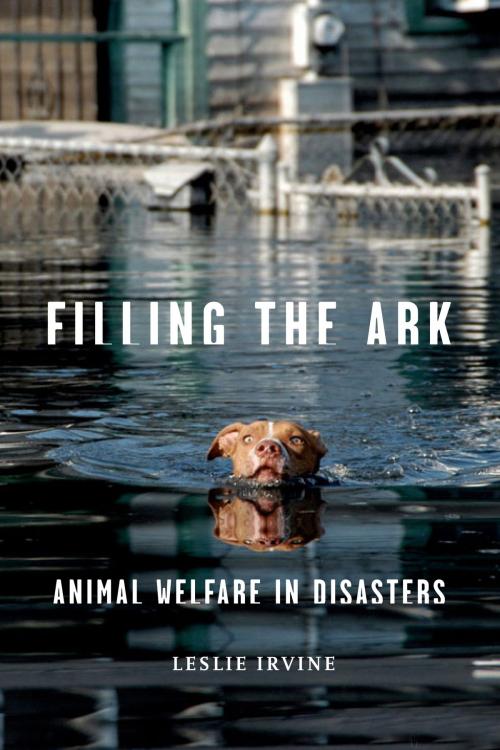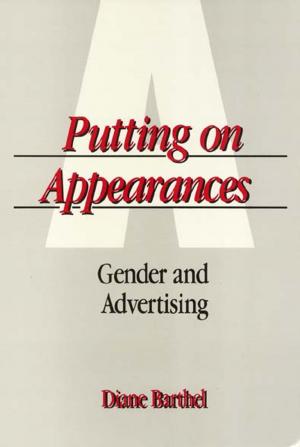Filling the Ark
Animal Welfare in Disasters
Nonfiction, Science & Nature, Nature, Animals, Animals Rights, Pets| Author: | Leslie Irvine | ISBN: | 9781592138364 |
| Publisher: | Temple University Press | Publication: | May 28, 2009 |
| Imprint: | Temple University Press | Language: | English |
| Author: | Leslie Irvine |
| ISBN: | 9781592138364 |
| Publisher: | Temple University Press |
| Publication: | May 28, 2009 |
| Imprint: | Temple University Press |
| Language: | English |
When disasters strike, people are not the only victims. Hurricane Katrina raised public attention about how disasters affect dogs, cats, and other animals considered members of the human family. In this short but powerful book, noted sociologist Leslie Irvine goes beyond Katrina to examine how disasters like oil spills, fires, and other calamities affect various animal populations—on factory farms, in research facilities, and in the wild.
Filling the Ark argues that humans cause most of the risks faced by animals and urges for better decisions about the treatment of animals in disasters. Furthermore, it makes a broad appeal for the ethical necessity of better planning to keep animals out of jeopardy. Irvine not only offers policy recommendations and practical advice for evacuating animals, she also makes a strong case for rethinking our use of animals, suggesting ways to create more secure conditions.
The hopeful message of Filling the Ark is that once we realize how we make animals vulnerable to disasters we can begin to question and change the practices that put them at risk. This book will make a significant contribution to the field of animals and society and to the literature on animal welfare.
When disasters strike, people are not the only victims. Hurricane Katrina raised public attention about how disasters affect dogs, cats, and other animals considered members of the human family. In this short but powerful book, noted sociologist Leslie Irvine goes beyond Katrina to examine how disasters like oil spills, fires, and other calamities affect various animal populations—on factory farms, in research facilities, and in the wild.
Filling the Ark argues that humans cause most of the risks faced by animals and urges for better decisions about the treatment of animals in disasters. Furthermore, it makes a broad appeal for the ethical necessity of better planning to keep animals out of jeopardy. Irvine not only offers policy recommendations and practical advice for evacuating animals, she also makes a strong case for rethinking our use of animals, suggesting ways to create more secure conditions.
The hopeful message of Filling the Ark is that once we realize how we make animals vulnerable to disasters we can begin to question and change the practices that put them at risk. This book will make a significant contribution to the field of animals and society and to the literature on animal welfare.















